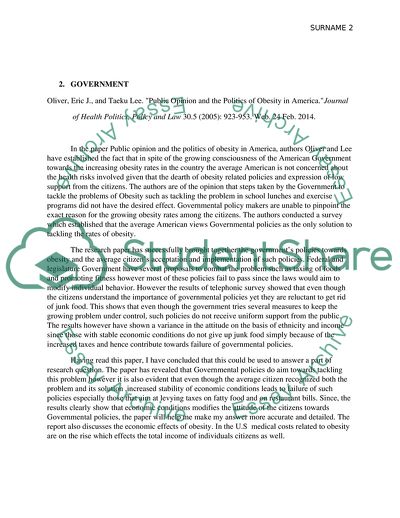Cite this document
(How Economic Conditions Affects Obesity Annotated Bibliography, n.d.)
How Economic Conditions Affects Obesity Annotated Bibliography. Retrieved from https://studentshare.org/macro-microeconomics/1810771-how-economic-condition-affects-obesity
How Economic Conditions Affects Obesity Annotated Bibliography. Retrieved from https://studentshare.org/macro-microeconomics/1810771-how-economic-condition-affects-obesity
(How Economic Conditions Affects Obesity Annotated Bibliography)
How Economic Conditions Affects Obesity Annotated Bibliography. https://studentshare.org/macro-microeconomics/1810771-how-economic-condition-affects-obesity.
How Economic Conditions Affects Obesity Annotated Bibliography. https://studentshare.org/macro-microeconomics/1810771-how-economic-condition-affects-obesity.
“How Economic Conditions Affects Obesity Annotated Bibliography”. https://studentshare.org/macro-microeconomics/1810771-how-economic-condition-affects-obesity.


